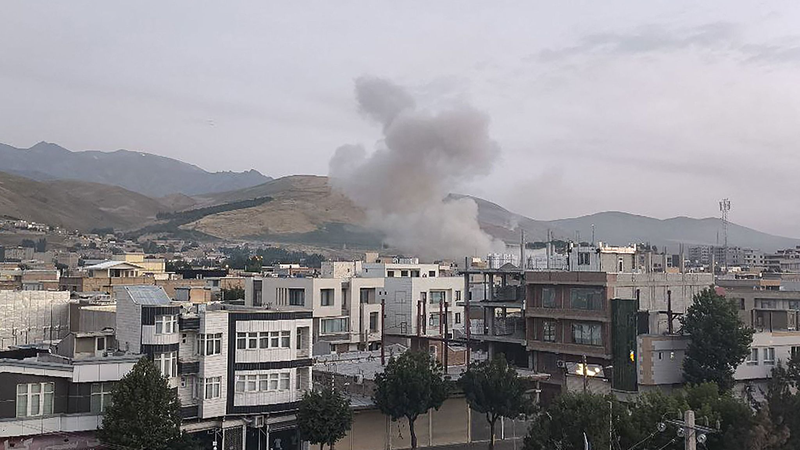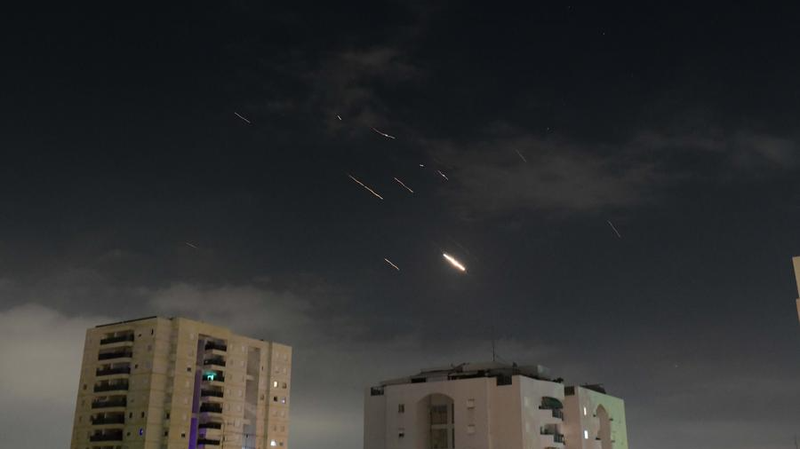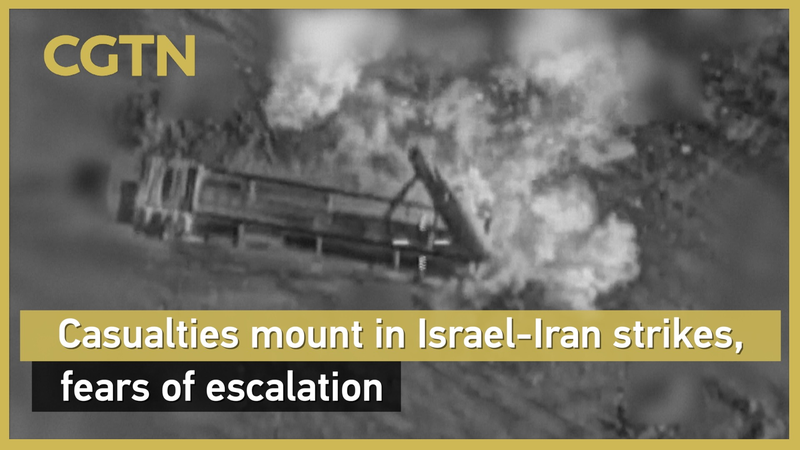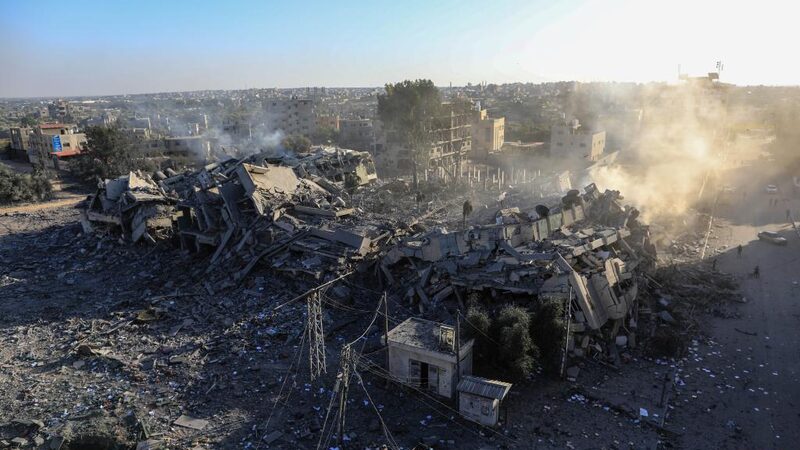The Middle East faces heightened instability as Israel and Iran exchange unprecedented military strikes, raising alarms over regional security and humanitarian risks. The Israeli Ministry of Defense confirmed airstrikes targeting Iranian nuclear and military facilities under Operation Rising Lion, prompting Iran to retaliate with ballistic missiles. Both nations have declared states of emergency, with civilian activities suspended and airspace closures intensifying fears of a widening conflict.
Regional Stability at Risk
The escalation threatens to destabilize a region already grappling with Syria’s civil war, Iraq’s political fragility, and unresolved crises in Palestine. Analysts warn that prolonged hostilities could draw neighboring states into the fray, jeopardizing cross-border trade routes and energy infrastructure critical to Asia’s economic interests. The Strait of Hormuz, a vital channel for global oil shipments, remains a potential flashpoint.
Humanitarian Crisis Looms
Civilian populations face dire consequences as urban centers become battlegrounds. Lebanon and Jordan, already strained by refugee influxes, risk being overwhelmed by new displacement waves. Humanitarian organizations warn of insufficient resources to address mass casualties or infrastructure collapse, compounding existing challenges in conflict-affected areas like Gaza and Yemen.
Diplomatic Push for De-escalation
Global leaders emphasize urgent dialogue to prevent further escalation. The United Nations has called for restraint, while China reiterated support for peaceful resolution through multilateral frameworks. Experts stress that renewed diplomacy must address root causes, including nuclear proliferation concerns and regional power dynamics, to avert a catastrophic regional war.
Reference(s):
cgtn.com








